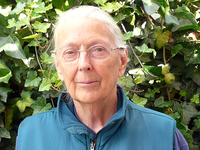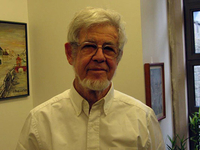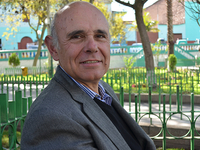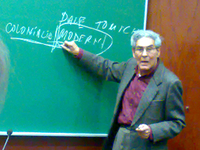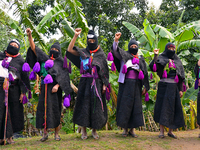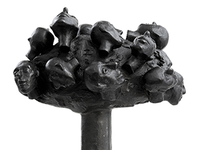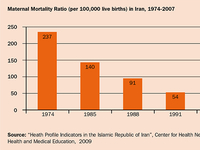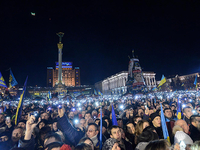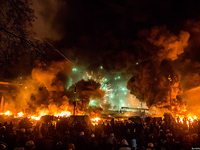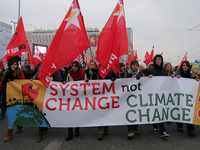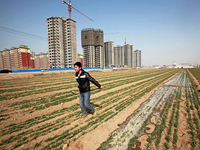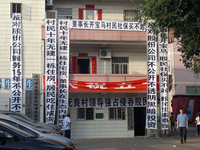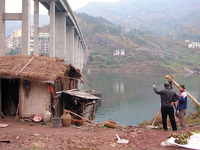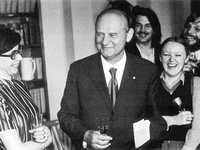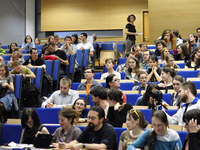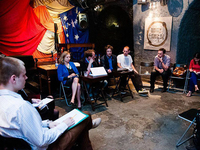GD 4.2 - June 2014
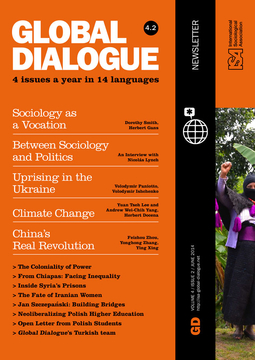
Global Dialogue is available in multiple languages!
Select the language to download the issue.
Editors:
Michael Burawoy.
Associate Editor:
Margaret Abraham, Tina Uys, Raquel Sosa, Jennifer Platt, Robert Van Krieken.
Managing Editors:
Lola Busuttil, August Bagà.
Consultants:
Abigail Andrews.
Media Consultant:
Gustavo Taniguti, José Reguera.
Consulting Editors:
Izabela Barlinska, Louis Chauvel, Dilek Cindoğlu, Tom Dwyer, Jan Fritz, Sari Hanafi , Jaime Jiménez, Habibul Khondker, Simon Mapadimeng, Ishwar Modi, Nikita Pokrovsky, Emma Porio, Yoshimichi Sato, Vineeta Sinha, Benjamín Tejerina, Chin-Chun Yi, Elena Zdravomyslova.
REGIONAL EDITORS
Arab World: Sari Hanafi , Mounir Saidani.
Brazil: Gustavo Taniguti, Juliana Tonche, Andreza Galli, Renata Barreto Preturlan, Ângelo Martins Júnior, Lucas Amaral, Rafael de Souza.
Colombia: María José Álvarez Rivadulla, Sebastián Villamizar Santamaría, Andrés Castro Araújo, Katherine Gaitán Santamaría.
India: Ishwar Modi, Rajiv Gupta, Rashmi Jain, Jyoti Sidana, Ritu Saraswat, Nidhi Bansal, Uday Singh.
Iran: Reyhaneh Javadi, Najmeh Taheri, Hamidreza Rafatnejad, Faezeh Esmaeili, Saghar Bozorgi, Faezeh Khajezadeh.
Japan: Kazuhisa Nishihara, Mari Shiba, Kousuke Himeno, Tomohiro Takami, Yutaka Iwadate, Kazuhiro Ikeda, Yu Fukuda, Michiko Sambe, Yuko Hotta, Yusuke Kosaka, Shuhei Naka, Kiwako Kase, Misa Omori, Kazuhiro Kezuka.
Poland: Krzysztof Gubański, Emilia Hudzińska, Kinga Jakieła, Kamil Lipiński, Karolina Mikołajewska, Mikołaj Mierzejewski, Adam Müller, Przemysław Marcowski, Patrycja Pendrakowska, Zofi a Penza, Konrad Siemaszko.
Romania: Cosima Rughiniș, Ileana-Cinziana Surdu, Adriana Bondor, Ramona Cantaragiu, Ioana Cărtărescu, Miriam Cihodariu, Daniela Gaba, Mihai Bogdan Marian, Mădălin Răpan, Alina Stan, Elena Tudor.
Russia: Elena Zdravomyslova, Anna Kadnikova, Elena Nikiforova, Asja Voronkova.
Taiwan: Jing-Mao Ho.
Turkey: Yonca Odabaş, Günnur Ertong, İlker Urlu and Zeynep Tekin.
GD 4.2 - June 2014
Editorial
Facing an Unequal World
This is the last issue of Global Dialogue before the ISA’s World Congress of sociology in Yokohama in July which promises to have record attendance with over 5,500 participants. The theme of the Congress – Facing an Unequal World – is fast becoming one of the big issues of the century. Even economists are swarming into this area – once the monopoly of sociology – epitomized by the sensation created by Thomas Piketty’s Capital in the Twenty-First Century.
This issue of Global Dialogue also confronts an unequal world. Yuan Lee and Andrew Yang show how our common interest in reversing global warming also divides us, a point underlined by Herbert Docena. Reporting from the UN Conference on Climate Change he describes how the powerful – led by the US – impose their “solutions” on the rest, and as being in the interest of the rest. The rest disagree but, so far, they have been weak and divided. We can see this in terms of the coloniality of power, explained by César Germana as being at the root of so many global inequalities. We see it at work in the Ukraine – here represented by articles from Volodymyr Ishchenko and Volodymyr Paniotto – where the resurrection of the Cold War has divided and crushed an insurgent revolt against ruling oligarchs.
One of the reasons why global inequality between nations has not increased as much as inequality within nations is the rise of semi-peripheral countries, in particular, India and China. But at what cost? Chinese sociologists Feizhou Zhou, Ying Xing and Yonghong Zhang, go behind the shining citadels of Shanghai and Beijing to the rural hinterland that is being transformed into new urban landscapes, built on the backs of peasant-workers, who, dispossessed of their land, feed the unimaginable wealth of new elites. As we learn, peasants don’t take this lying down, although the odds against their protests are steep indeed.
To the chant of “bread, freedom, social justice,” three years ago Egyptians overthrew the Mubarak dictatorship. After experimenting with democracy, they once again face the repressive order of the military. The promises of the Arab Spring have been dashed in other places too, as civil war rages in Syria, pouring refugees into Jordan, Lebanon and Turkey. What we know less about are the horrors of torture in Syrian prisons, here described by Abdulhay Sayed. But it’s not all gloomy in the region. Iranian sociologist, Shirin Ahmad-Nia, describes the dramatic improvement in the welfare of women since the Revolution of 1979. One finds progress where one least expects it.
Meanwhile Eastern Europe remains in the grip of neoliberalism, now reaching into higher education, with the predictable consequences described by the Public Sociology Lab in Warsaw. Reminding us of a very different era, they also write a moving portrait of Jan Szczepański, ISA President from 1966 to 1970, a true believer in and fighter for “socialism with a human face.”
Michael Burawoy, editor of Global Dialogue
Global Dialogue can be found in multiple languages.
Submissions should be sent to globaldialogue@isa-sociology.org.

